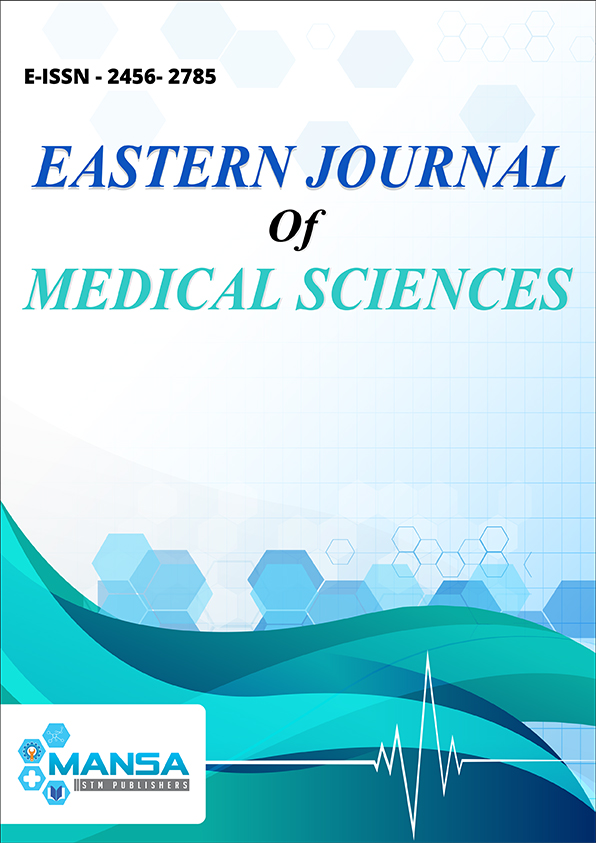Type 2 Diabetes Mellitus and Erectile Dysfunction: A study on risk factors and their correlation to serum testosterone level.
DOI:
https://doi.org/10.32677/ejms.v7i1.3364Keywords:
type 2 diabetes mellitus, erectile dysfunction, serum testosterone, glycosylated haemoglobin, hbA1c, urine albumin creatinine ratio, uACRAbstract
Background
Diabetes mellitus (DM) is one of the major cause of erectile dysfunction (ED). Testosterone regulates nearly every component of ED and this subnormal testosterone concentration con tribute to ED.
The objective of our work was to study the age of the patient, duration of diabetes mellitus, body mass index (BMI), glycosylated haemoglobin (hbA1c) and urinary albumin creatinine ratio (uACR) in type 2 diabetic male patients as etiology for ED and their relation to the serum testosterone level.
Methodology
We studied 100 male type two diabetic patients selected from the outpatient department of the Family Medicine department in Olive Healthcare. We divided our patients into two groups. Group A: 50 patients with type 2 diabetes mellitus with ED and Group B: 50 patients with type 2 diabetes mellitus without ED. We assessed their history with special focus on the age of the patient, disease duration and lab investigations. The patients answered the five item version of the International Index of Erectile Function (IIEF-5) questionnaire.
Results
Total serum testosterone was significantly lower in type 2 diabetic male patients with ED compared to those without ED. HbA1c, diabetes duration and uACR were independently negatively correlated with testosterone level.
Conclusion
The duration of diabetes, glycemic control and uACR contributed to ED in type 2 diabetics and they are independently and negatively correlated with total serum testosterone level.
Downloads
Downloads
Published
Issue
Section
License
Copyright (c) 2022 Muhammed Jasim Abdul Jalal, Sheena John

This work is licensed under a Creative Commons Attribution-NonCommercial-NoDerivatives 4.0 International License.

